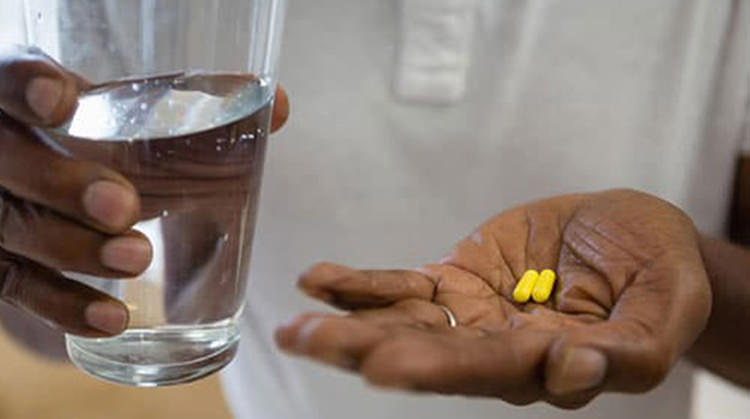Loading
One year post-transplant, Kristy Sidlar is once again running — and now also writing.
As a twentysomething fitness instructor, it was admittedly a little disconcerting for Kristy Sidlar when she passed out in front of a class she was teaching back in 1996. She initially chalked it up to not having eaten enough, but she was soon diagnosed with an arrhythmia, given some medication and told not to exercise so much. “That is the kiss of death – to tell that to someone who loves to exercise,” says Sidlar, who is now 53.
Three years passed and Sidlar, true to form, was training for a triathlon when she experienced another episode; she was riding her bike to the gym to swim and run, but she never made it there. Fortunately, another cyclist found her fading in and out of consciousness and called 911 (this was before the age of cell phones). Read the full story on CareDx.com.
Loading






